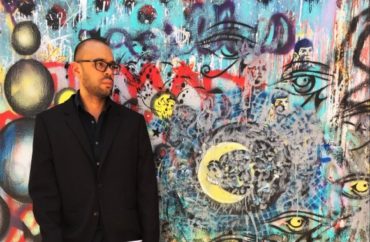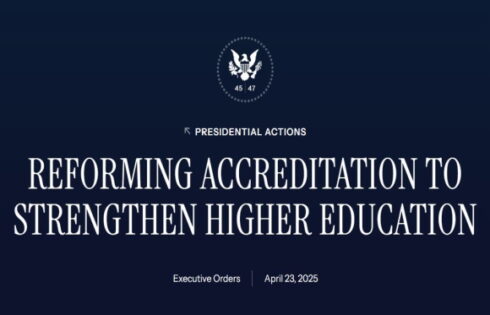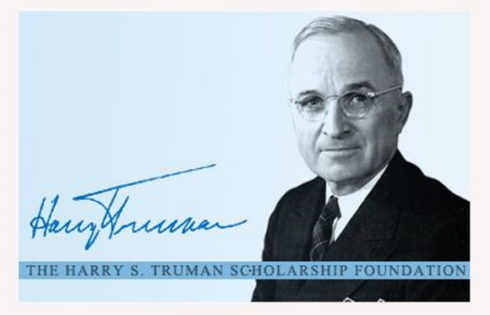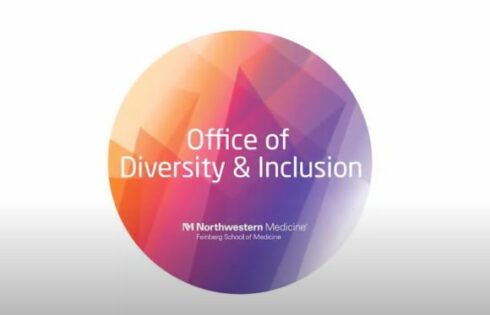
The era of woke culture and politics that began about two decades ago on college campuses and in professional fields may be nearing its end, sociology graduate student Musa al-Gharbi wrote last week for Compact.
“Many of the same types of data that help substantiate the significant transformation in discourse and norms that took place after 2011 suggest that the ‘Great Awokening’ has run its course,” Al-Gharbi (pictured) stated. He is a graduate fellow at Columbia, works as a research fellow at Heterodox Academy and is author of a forthcoming book called “We Have Never Been Woke.”
“Beginning in 2011, there was a rapid shift in the ways people associated with the knowledge economy talked about ‘social justice’ and engaged with ‘social justice’ issues,” al-Gharbi wrote:
Professionals in fields like tech, finance, education, journalism, arts, entertainment, design, and consulting (and students who aspired to join their ranks) grew much more politically “radical” over the last 10 years, and increasingly intolerant of dissent. The shifts were especially pronounced on matters pertaining to identity (above all, race, gender, and sexuality)…
From 2011 on, there was a notable surge in protest activity, concentrated in knowledge-economy hubs and driven by knowledge-economy professionals, beginning with Occupy Wall Street, continuing through the anti-Trump #Resistance, and culminating with the 2020 turmoil following the murder of George Floyd in Minneapolis.
There was significant unrest within knowledge-economy institutions, as well. This entailed campaigns to get people fired for saying the wrong thing, holding the wrong views, or minor behavioral infractions. There also arose internal movements demanding that knowledge-economy affiliated institutions issue strong statements on contentious political issues, donate to activist organizations, expand diversity initiatives, and so on. Leaders often acceded to these demands with little questioning or resistance.
…Print and television media, academic scholarship, and books all became far more preoccupied with various forms of prejudice, discrimination, and inequality.
“However, the wave has now begun to crest,” al-Gharbi wrote. “We can see this in polls and surveys.”
White liberals becoming less progressive, data shows
“White liberals, the Americans whose expressed views shifted most radically over the last decade, have begun to moderate their responses to questions, for instance, about the causes and ideal remedies to racial inequalities,” Al-Gharbi stated
Polls suggest people are identifying themselves in new ways, such as fewer young people identifying with the term “feminist,” he stated. Additionally, data on “cancel culture” incidents indicates a decline in “grassroots” (for example, coming from the students or workers themselves) censorship.
The Democratic Party following disappointing 2020 results and recalls of some progressive politicians has also attempted to switch tactics “to avoid further alienating normie voters,” al-Gharbi wrote. The Democrats also generally rejected more progressive candidates during the 2022 primaries.
Additionally, al-Gharbi has found that many young people are becoming impatient with the culture wars. “They are exhausted by the relentless cynicism, fear, doomsaying, and impression management that have governed much of their lives,” he wrote.
“They recognize the revolution isn’t coming anytime soon.”
MORE: The alternative to cancel culture is forgiveness
IMAGE: Columbia University
Like The College Fix on Facebook / Follow us on Twitter




Add to the Discussion